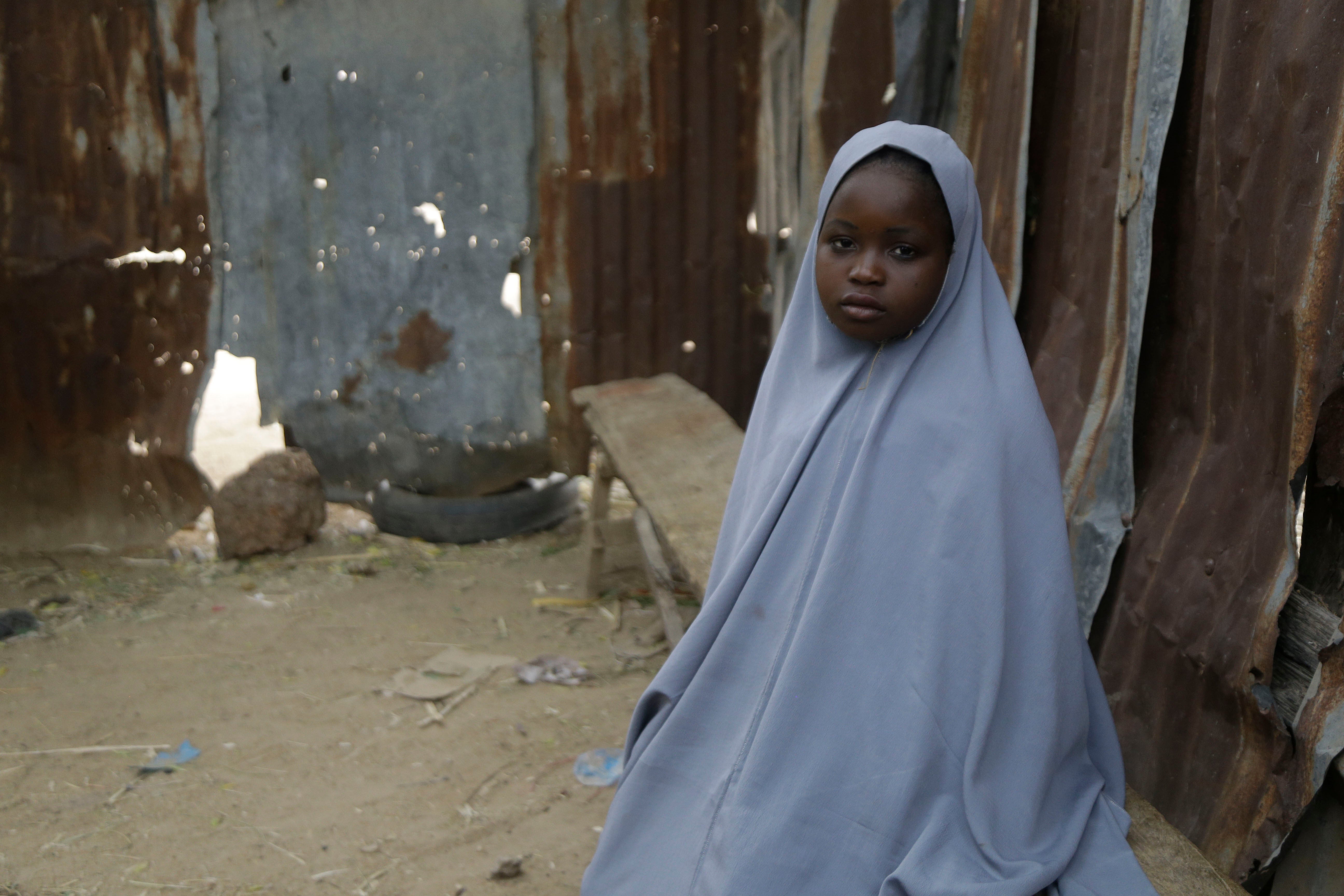Nigerian governor says 279 kidnapped schoolgirls are freed
The governor of Nigeria's northwestern Zamfara state says that 279 schoolgirls abducted last week from a boarding school have been released

Your support helps us to tell the story
From reproductive rights to climate change to Big Tech, The Independent is on the ground when the story is developing. Whether it's investigating the financials of Elon Musk's pro-Trump PAC or producing our latest documentary, 'The A Word', which shines a light on the American women fighting for reproductive rights, we know how important it is to parse out the facts from the messaging.
At such a critical moment in US history, we need reporters on the ground. Your donation allows us to keep sending journalists to speak to both sides of the story.
The Independent is trusted by Americans across the entire political spectrum. And unlike many other quality news outlets, we choose not to lock Americans out of our reporting and analysis with paywalls. We believe quality journalism should be available to everyone, paid for by those who can afford it.
Your support makes all the difference.Hundreds of Nigerian schoolgirls abducted last week from a boarding school in the northwestern Zamfara state have been released, the state’s governor said Tuesday.
Zamfara state governor Bello Matawalle announced that 279 girls have been freed.
Gunmen abducted the girls from the Government Girls Junior Secondary School in Jangebe town on Friday, in the latest in a series of mass kidnappings of students in the West African nation.
An Associated Press reporter saw hundreds of girls dressed in light blue hijabs and barefoot sitting at the state Government House office in Gusau.
After the meeting, the girls were escorted outside by officials and taken away in vans. They appeared calm and ranged in ages from 10 and up.
“Alhamdulillah! (God be praised!) It gladdens my heart to announce the release of the abducted students of GGSS Jangebe from captivity. This follows the scaling of several hurdles laid against our efforts. I enjoin all well-meaning Nigerians to rejoice with us as our daughters are now safe,” Matawalle said in a post on Twitter early Tuesday.
At the time of the attack, one resident told AP that the gunmen also attacked a nearby military camp and checkpoint, preventing soldiers from responding to the mass abduction at the school.
Police and the military had since been carrying out joint operations to rescue the girls, whose abduction caused international outrage.
Nigeria has seen several such attacks and kidnappings in recent years. On Saturday, 24 students, six staff and eight relatives were released after being abducted on February 17 from the Government Science College Kagara in Niger state. In December, more than 300 schoolboys from a secondary school in Kankara, in northwestern Nigeria, were taken and later released. The government has said no ransom was paid for the students’ release.
The most notorious kidnapping was in April 2014, when 276 girls were abducted by the jihadist rebels of Boko Haram from the secondary school in Chibok in Borno state. More than 100 of those girls are still missing. Boko Haram is opposed to western education and its fighters often target schools.
Other organized armed groups, locally called bandits, often abduct students for money. The government says large groups of armed men in Zamfara state are known to kidnap for money and to press for the release of their members held in jail.
Experts say if the kidnappings continue to go unpunished, they may continue.
Nigerian President Muhammadu Buhari said last week the government would not “succumb to blackmail by bandits and criminals who target innocent school students in expectation of huge ransom payments.” He called on state governments to review their policy of making payments, in money or vehicles, to bandits, saying such a policy has the potential to backfire.
___
AP writers Sam Olukoya in Lagos, Nigeria and Carley Petesch in Dakar, Senegal contributed.